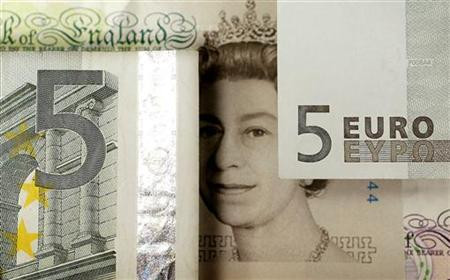New Report Sparks Hefty City Payouts Debate

The phenomenal levels of City bonuses and pay packets that dominated the debate over the survival of financial institutions that had been bailed out using taxpayers' money are once again in the limelight with the release of an independent inquiry's damning report.
The High Pay Commission, which has investigated high salaries and boardroom pay across the public and private sectors in the UK, has found that some City bosses have enjoyed an increase of more than 4000 percent in their earnings over the past three decades.
The disparity between what top executives and average workers earn has been building for 30 years, the report has said. "Much wealth has been channelled to those at the very top. This is a trend that has led to such a huge rise in inequality over the period that Britain now has a gap between rich and poor that rivals that in some developing nations," the commission said.
The tendency has increased public disillusionment and distrust of business. "If continued unchecked, it will take us back to Victorian levels of pay inequality in less than 30 years," the report warned.
The commission has called for a radical simplification of executive pay, and the publication of the top 10 executive pay packages in order to ensure transparency.
"When pay for senior executives is set behind closed doors, does not reflect company success and is fuelling massive inequality, it represents a deep malaise at the very top of our society," said Chairwoman Deborah Hargreaves.
A week ago, Prime Minister David Cameron openly expressed his displeasure over an RBS plan to pay a £500 million bonus package to its top executives. The plan was devised by the 83 percent state-owned bank despite a significant dip in its quarterly profits in the first week of November.
"The British government is a major shareholder in RBS. That is a proposal I have read about in the newspapers - that's not agreed. We have a very big influence over it. We can stop the £500 million - absolutely," Cameron said.
The collapse of several financial institutions was attributed to multimillion-pound payouts during the time of recession. City analysts have slammed the practice time and again, which continued even in some of the banks and lenders bailed out by the government. Even the Financial Services Authority doesn't have a significant role in controlling bonus payments to individuals in banks and City institutions.
Now, with the prospects of another phase of meltdown looming large over the eurozone, the High Pay Commission report is certain to spark another round of debate on hefty City payouts.
© Copyright IBTimes 2025. All rights reserved.





















